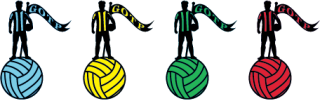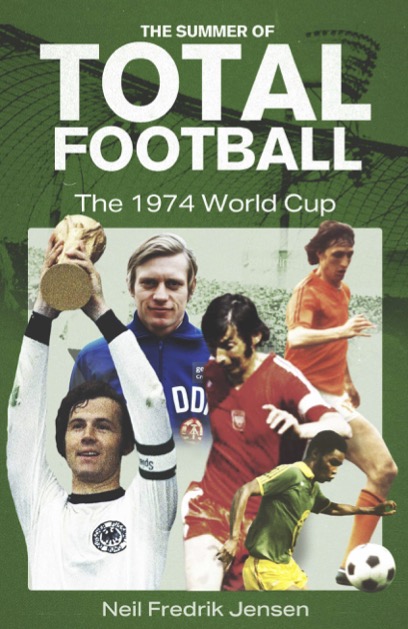THE 1974 WORLD CUP was the penultimate 16-team tournament. In some respects, it was the end of an era, because it really marked the culmination of the Total Football revolution. It was certainly the peak point and it was the only time we saw the great Johan Cruyff on the World Cup stage. Every minute of number 14’s involvement should be cherished in my opinion.
There were three excellent teams in 1974: West Germany, the Netherlands and Poland. Three out of 16 isn’t bad, actually. Since 1974, in some World Cups it has sometimes been difficult to identify a really outstanding side. The World Cup has become the type of competition that is won by the most durable and focused team rather than a star-packed line-up. We have seen the emergence of “tournament teams” that come good at the right time.
I would argue that the World Cup winners in 1958, 1962, 1970, 1974 and 1978 were all outstanding. In 1954, West Germany had enough savvy to overcome the Hungarian favourites, in 1966, Sir Alf Ramsey’s England were very much a tournament team. If you asked many neutrals, they would have considered Portugal to be the most watchable side.
Some World Cups are won by the presence of a great individual. In 1982, Paolo Rossi took an unexceptional Italy to glory. Two teams had captured the imagination of the crowds in Espana 82, France and Brazil, but it was Italy that came through. Four years later, Diego Maradona carried Argentina to their second title but in 1990 and 1994, more industrious teams were crowned champions.
France were very good in 1998, Brazil were Ronaldo-led in 2002 and in 2006, Italy did it again, this time on penalties. The abiding memory of 2006 is undoubtedly Zidane’s headbutt. Spain, for all their undoubted talent, won a rather tedious World Cup in 2010 and it did seem as though the competition had become second best to the UEFA Champions League. There has been a comeback, with Germany winning in 2014, France in 2018 and, thanks to Lionel Messi and the willing of FIFA and social media, Argentina won Qatar 2022.
As the competition continues to expand, the quality is eroded all the time. More teams does not necessarily translate into a better World Cup, it merely means there are more poor teams. The World Cup is too long, there are too many games and so many are simply dull. Of course, it is all about TV and money, which is why FIFA has to award the competition now to countries that can host a huge party and attract the right corporate backers and TV exposure. By making a World Cup a 48-team event, you limit the number of possible hosts. Just consider, in 50 years, the competition has expanded by 32 nations, so economics could mean we can look forward to more US and Middle Eastern-based World Cups in the future. The spiritual home of football is Europe, regardless of what South Americans believe, but how many of UEFA’s members can comfortably host a 48-team format?
The World Cup should be all about excellence, so the chipping away of makeweight teams should be handled well before the finals. Rightly, the minnows should be given a chance, so why not make the qualifying process global rather than geographic? There are far too many qualifying matches on the international stage, so coordinating the confederation events alongside World Cup qualifying would be a way to rationalise the multitude of games involving the same teams.
A 16-team structure may be too small, but that could be the end product of a more imaginative qualifying concept. Forty-eight is certainly too many. Somewhere in between may be more appropriate. Just imagine, if the real best 16 were involved, rather than token representation of nations ill-equipped to compete, how real would the quality be?
As for 1974, it has been overshadowed by 1970 and Pelé for some people, but West Germany and the Netherlands were the best teams in the world at that time. This is not something that has happened too often in the World Cup.
The Summer of Total Football: World Cup 1974, is published by Pitch Publishing. You can order it here


